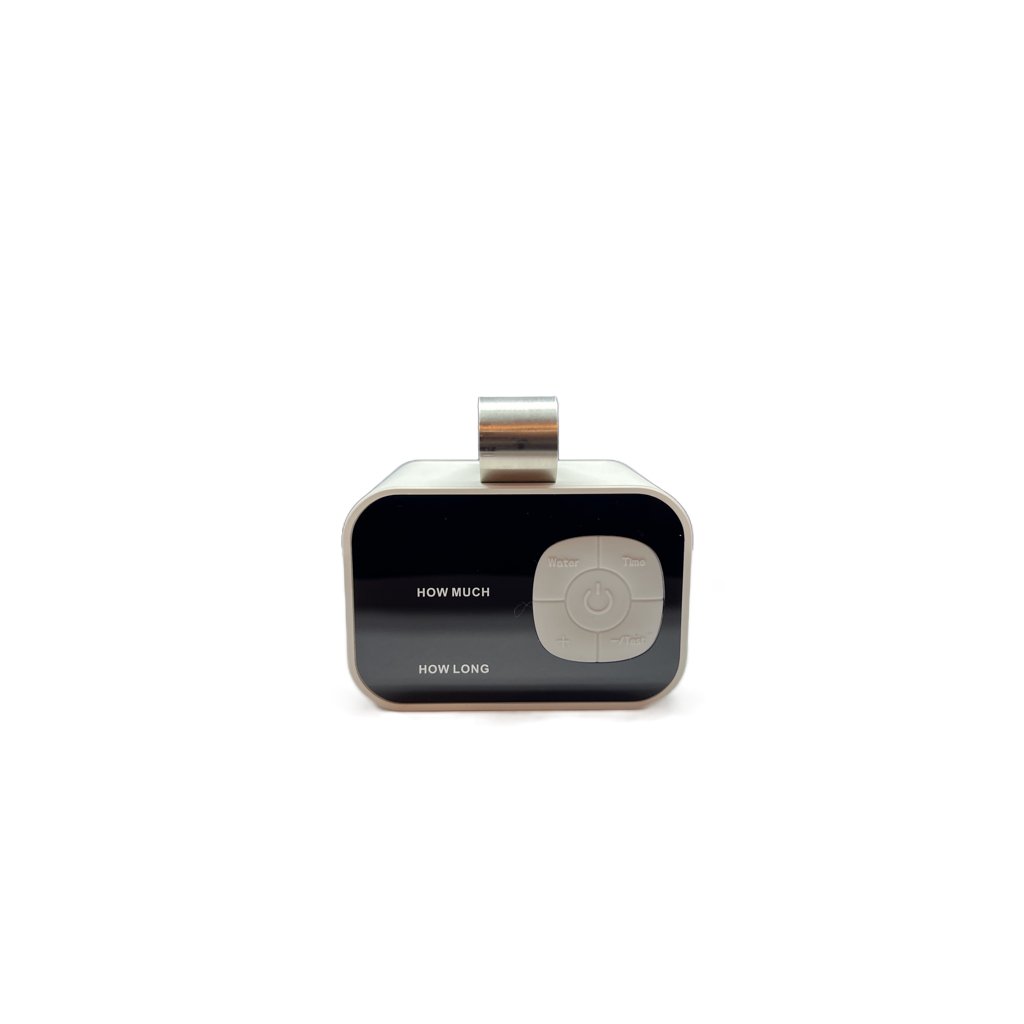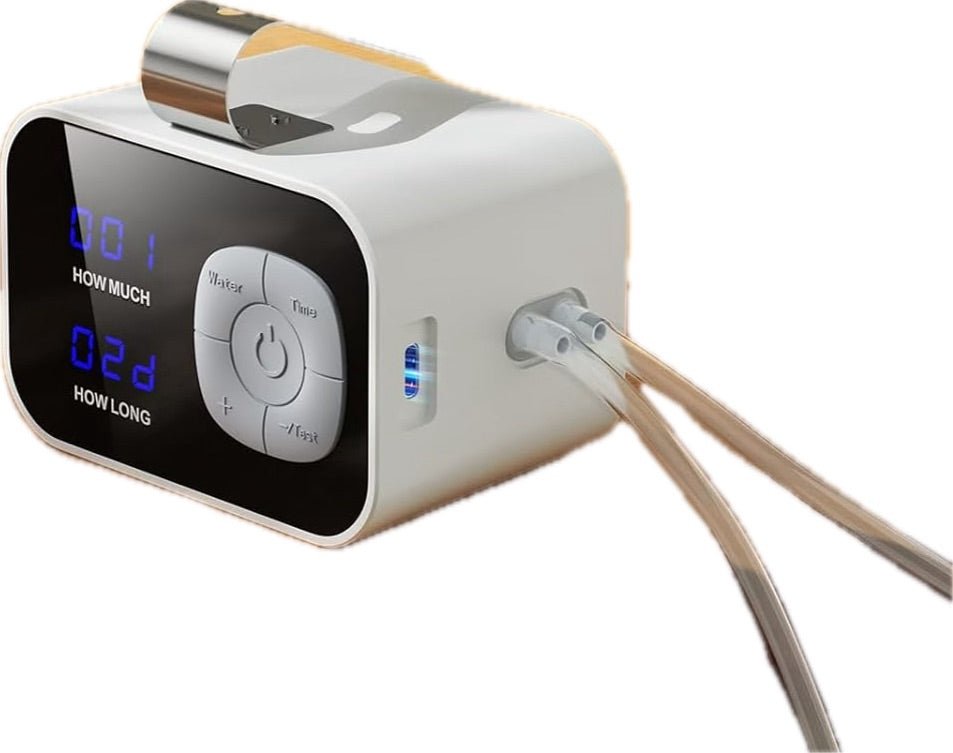Maximizing HVAC Efficiency: A Comprehensive Guide to DIY Maintenance and Preventive Solutions
Share
Are you tired of costly HVAC repairs and unexpected breakdowns? With a little DIY maintenance and the right preventive solutions, you can keep your HVAC system running smoothly year-round. In this guide, we'll explore the top tips and tricks for maximizing HVAC efficiency while using as many relevant keywords as possible.
1. Understanding HVAC Basics
- HVAC systems play a vital role in maintaining indoor comfort by regulating temperature, humidity, and air quality.
- Components like the condensate drain line are crucial for removing excess moisture from the system and preventing water damage.
2. Importance of Regular Maintenance
- Regular maintenance is key to preventing costly repairs and ensuring optimal HVAC performance.
- DIY tasks like changing air filters, cleaning vents, and inspecting the condensate drain line can improve efficiency and extend the system's lifespan.
3. Common HVAC Issues and Solutions
- Clogged drain lines can lead to water damage and mold growth if left untreated.
- Using DIY solutions like vinegar to clean the drain line and installing preventive devices like AC Drain FLO can help prevent clogs and maintain system efficiency.
4. Troubleshooting HVAC Problems
- Understanding common HVAC issues like uneven cooling, strange noises, and reduced airflow can help homeowners troubleshoot problems before they escalate.
- DIY troubleshooting techniques include checking thermostat settings, inspecting air ducts for leaks, and cleaning outdoor condenser coils.
5. Professional HVAC Services
- While DIY maintenance is essential, some tasks require the expertise of a professional HVAC technician.
- Professional services like annual tune-ups, refrigerant recharge, and duct cleaning can improve system efficiency and indoor air quality.
6. Investing in Energy-Efficient Upgrades
- Upgrading to energy-efficient HVAC equipment like smart thermostats, variable-speed air handlers, and high-efficiency filters can lower energy bills and reduce environmental impact.
- Rebates and incentives may be available for homeowners who invest in energy-saving upgrades.
7. Conclusion
- By prioritizing DIY maintenance, investing in preventive solutions, and seeking professional services when needed, homeowners can maximize HVAC efficiency, minimize repair costs, and enjoy year-round comfort.
Remember, proactive maintenance is the key to a reliable and efficient HVAC system. By implementing the tips outlined in this guide, you can keep your HVAC system running smoothly and avoid costly repairs down the road.
1. Understanding HVAC Basics
- HVAC systems play a vital role in maintaining indoor comfort by regulating temperature, humidity, and air quality.
- Components like the condensate drain line are crucial for removing excess moisture from the system and preventing water damage.
2. Importance of Regular Maintenance
- Regular maintenance is key to preventing costly repairs and ensuring optimal HVAC performance.
- DIY tasks like changing air filters, cleaning vents, and inspecting the condensate drain line can improve efficiency and extend the system's lifespan.
3. Common HVAC Issues and Solutions
- Clogged drain lines can lead to water damage and mold growth if left untreated.
- Using DIY solutions like vinegar to clean the drain line and installing preventive devices like AC Drain FLO can help prevent clogs and maintain system efficiency.
4. Troubleshooting HVAC Problems
- Understanding common HVAC issues like uneven cooling, strange noises, and reduced airflow can help homeowners troubleshoot problems before they escalate.
- DIY troubleshooting techniques include checking thermostat settings, inspecting air ducts for leaks, and cleaning outdoor condenser coils.
5. Professional HVAC Services
- While DIY maintenance is essential, some tasks require the expertise of a professional HVAC technician.
- Professional services like annual tune-ups, refrigerant recharge, and duct cleaning can improve system efficiency and indoor air quality.
6. Investing in Energy-Efficient Upgrades
- Upgrading to energy-efficient HVAC equipment like smart thermostats, variable-speed air handlers, and high-efficiency filters can lower energy bills and reduce environmental impact.
- Rebates and incentives may be available for homeowners who invest in energy-saving upgrades.
7. Conclusion
- By prioritizing DIY maintenance, investing in preventive solutions, and seeking professional services when needed, homeowners can maximize HVAC efficiency, minimize repair costs, and enjoy year-round comfort.
Remember, proactive maintenance is the key to a reliable and efficient HVAC system. By implementing the tips outlined in this guide, you can keep your HVAC system running smoothly and avoid costly repairs down the road.







